
Socio-Spatial Politics of Risk Mitigation: Building-Scale Urban Transformation Maps of Istanbul, Turkey
Principal Investigator Co-Principal Investigator In an era of ever growing global cities facing climate and environmental hazards, financial crises and pandemics, risk calculation and anticipation became main organizing principles of contemporary cities. In dialogue with the literature on socio-spatial politics of risk, Ladin’s research examines the ways in which risk calculation and... More
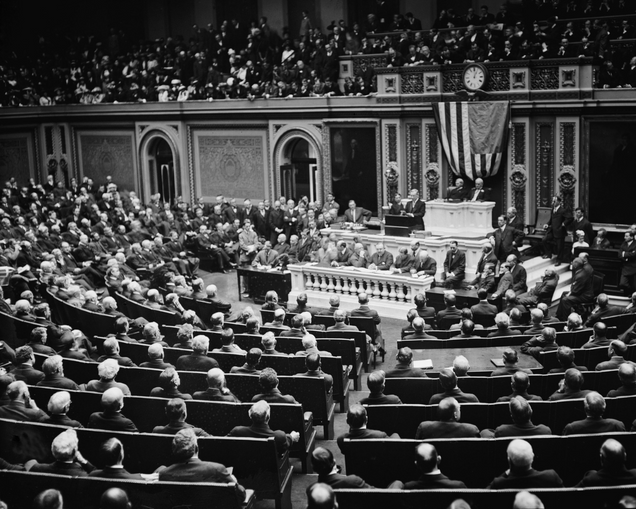
The Effects of Civil Service Reform on Local Government: Evidence from the Progressive Era
Principal Investigator Co-Principal Investigator: As populations grew throughout the early 1900s, questions of city governance grew in importance and complexity. How were the cities of the early twentieth century managed and governed? Early in the 19th century, traditional patronage systems reigned and were seen as an important tool for voter mobilization. However, More
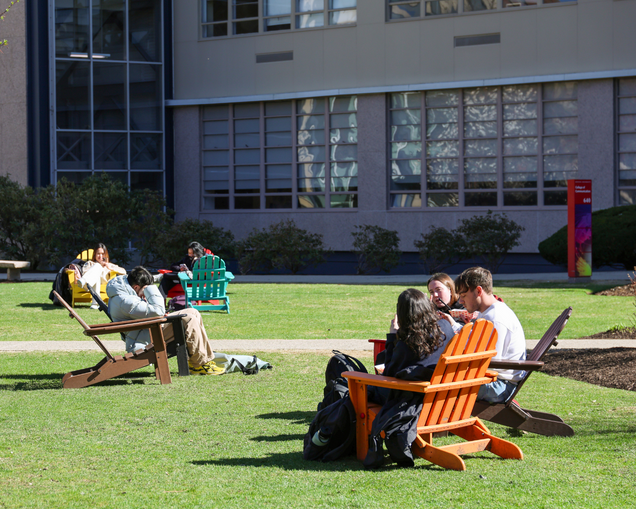
Addressing the Workforce Needs of Youth in Urban Settings: A Study of Local Workforce Development Boards’ Inclusion of Youth Expertise
Principal Investigator: This project will examine Local Workforce Development Boards (WDBs) in urban settings in regard to their inclusion of youth perspectives in planning and implementation. Currently, insufficient evidence exists regarding the policy networks to address youth employment in cities and the characteristics of these networks that promote innovative, sustained, and... More
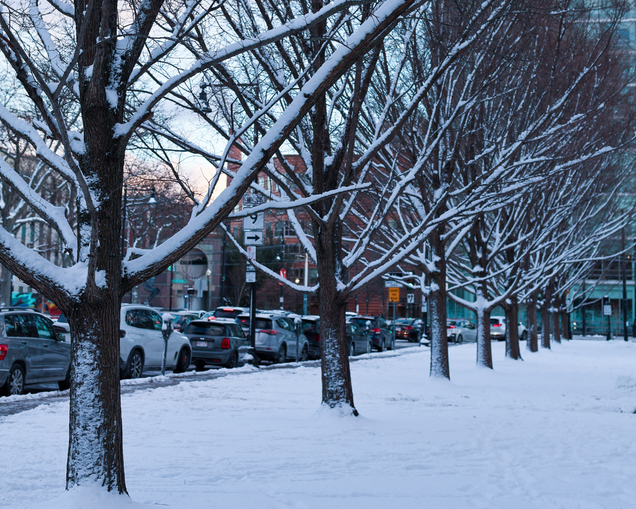
Effects of Greenspace Structure on Urban Tree Health and Human Exposure to Fine Particulate Matter: A Biogeochemical Analysis and Exposure Assessment
Principal Investigator Co-Principal Investigators: Air pollution in urban areas, such as particulate matter emitted from vehicular and industrial activity, has negative effects on vegetation and human health. To encourage reductions in air pollution in urban areas, many cities have increased vegetation through tree planting campaigns, which has been shown to reduce cardiovascular... More
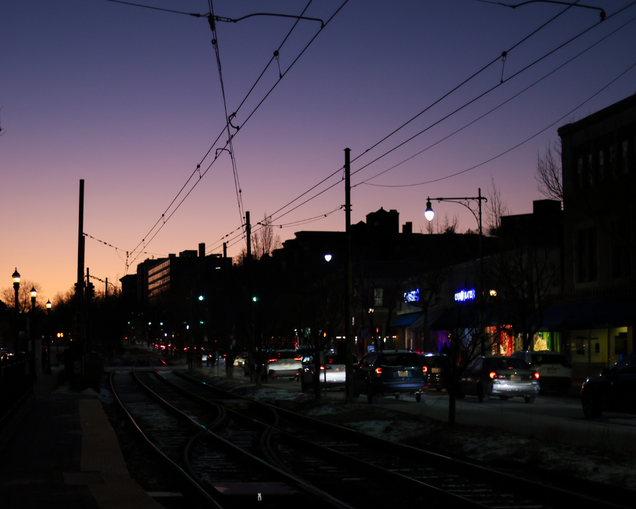
Urban Heat Exposure, Cooling Demand and Electricity Consumption under Future Climate Change: an Empirical Approach
Principal Investigator: Co-Principal Investigators Can cities adapt in sustainable ways to the impacts of climate change? Different cities across the world will face different health risks due to rising temperatures, and urban populations will have varied adaptation options over the time-frames in which temperatures will increase. Such heterogeneity suggests the need for... More
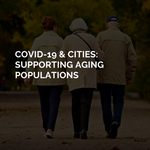
COVID-19 & Cities: Supporting Aging Populations
On May 27, 2020, the Boston University Initiative on Cities (IOC) and the Boston University School of Social Work (BUSSW) held a webinar to discuss the challenges and trends that aging populations face as a result of the COVID-19 pandemic, and how cities are responding. IOC Co-Director Katharine Lusk moderated... More

#BUandBoston: “Criminalized” Sheds Light on Systemic Failures
By: Douglas Darrah “Criminal” is not a state of being but a label that is strategically assigned. That is the premise of Criminalized, Sarika Ram’s (CAS ‘21) new podcast. Throughout her first season, she interviews formerly incarcerated people and explores who is and is not deemed a criminal in the United... More

Meet the 2020 MORRE Fellow: Faith Rynda
The Initiative on Cities (IOC) and the Howard Thurman Center for Common Ground are proud to announce that Faith Rynda has been selected as the summer 2020 MORRE Fellow. Faith will spend the summer working with the City of Boston’s Chief Resilience Officer, Ms. Lori Nelson, in the Mayor's Office of Resilience and Racial Equity... More

Meet the 2020 MONUM Fellow: Meghann Lucy
The Initiative on Cities (IOC) is proud to announce that Meghann Lucy has been selected as the summer 2020 MONUM Fellow. Meghann will spend the summer working with the City of Boston, within the Mayor’s Office of New Urban Mechanics (MONUM). MONUM is Boston’s civic innovation team, responsible for promoting participatory... More

#BUandBoston: Hearts for the Homeless Helps the Most Vulnerable
By: Douglas Darrah The Westside of Syracuse is one of the poorest neighborhoods in the nation. Seventy-five percent of the population is uninsured or on Medicare or Medicaid, compared to between forty and fifty percent nationally. When Timothy Willard came to BU, he majored in pre-med so that he could go back... More
COVID-19 & Cities: Pollution and the Environment
Recap by Carly Berke On Wednesday, May 13th, 2020, the Initiative on Cities (IOC) hosted a discussion on the impact of the COVID-19 pandemic on pollution and urban air quality as part of our ongoing COVID-19 & Cities series. David Miller, Director of International Diplomacy at the C40 Cities Climate Leadership... More
Meet the Inaugural 2020 Public Impact Scholars Cohort
The Initiative on Cities is excited to announce our inaugural Public Impact Scholars cohort. The Public Impact Scholars program equips BU faculty with new skills and knowledge to influence local and state policy and discourse for positive societal impact. Faculty gain new perspective on state and local government, evidence-based policymaking, effective community-engaged... More
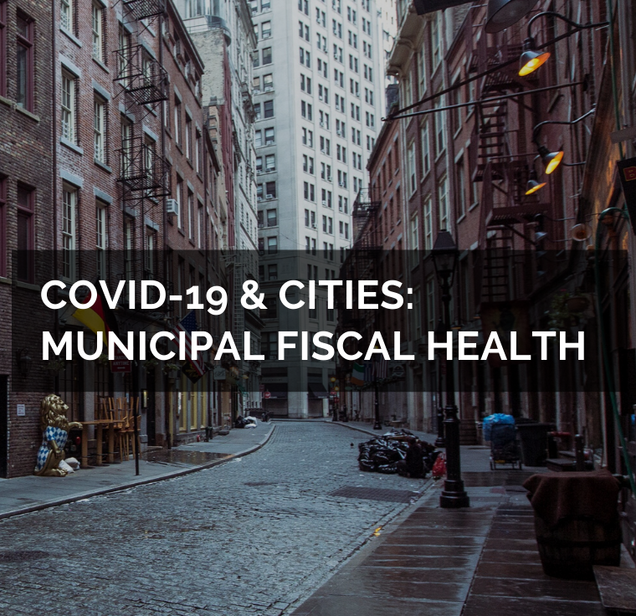
COVID-19 & Cities: Municipal Fiscal Health
Recap by Carly Berke On Wednesday, May 6, 2020, the Initiative on Cities (IOC) hosted COVID-19 & Cities: Municipal Fiscal Health, continuing the IOC's ongoing COVID-19 & Cities series. Christiana McFarland, Research Director at the National League of Cities, and Pam Kocher, President of the Boston Municipal Research Bureau, joined IOC... More
After COVID-19: (Re)Building Resilient Cities
Watch the recording and event highlights here. Recap by Carly Berke On Thursday, April 30th, 2020, the Boston University School of Public Health (SPH) and the Initiative on Cities (IOC) co-hosted After COVID-19: (Re)Building Resilient Cities, a webinar exploring the role cities play in supporting public health during COVID-19 and as we... More
#BUandBoston: Leila Heidari Helps Measure Heat
By: Douglas Darrah Forty percent of those who die from heat stroke are over 65, even though that demographic makes up less than 15 percent of the US population. According to the Center for Disease Control, older adults do not adjust to changes in temperature as well as younger people and... More
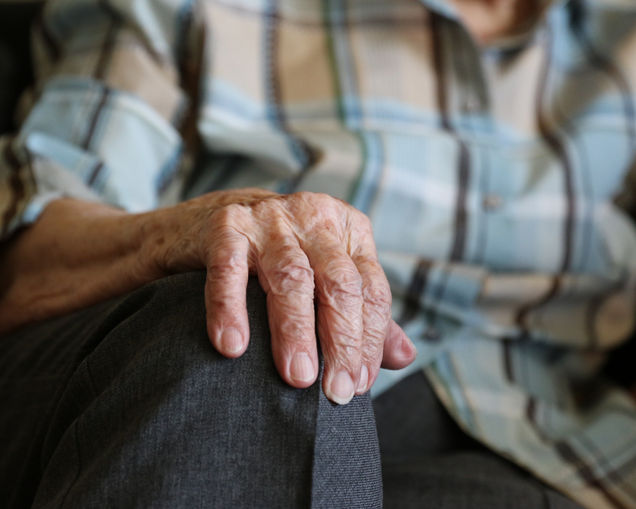
The “Aging Disaster” of COVID19: The Association of Social Isolation and Loneliness to Perceived Health, Psychological Wellbeing, and Material Hardship Among Boston Residents Age 60 and Older
Principal Investigator: 2682 Co-Principal Investigator: 21712 This project, in collaboration with the City of Boston’s Age Strong Commission, explores the experiences of Boston residents age 60 and older during the first wave of the COVID-19 pandemic. Given their risk of severe complications from COVID-19, adults age 60 and older have been told to stay... More

Assessing City Health Care Workers’ SARS-CoV2 Transmission to Families
Principal Investigator: Co-Principal Investigators: Co-Investigator: This pilot study seeks to understand whether healthcare workers are exposing their families and household members to SARS-CoV2—the virus that causes COVID-19—and if so, how they are exposing them. Such take-home exposure through an infected healthcare worker or a worker taking SARS-CoV2 virus on their clothing, skin, or... More

How Are Cities Responding to the COVID-19 Housing Crisis?
Principal Investiator: Co-Principal Investiator: Many cities have responded to the housing crisis caused by COVID-19 with various protections and programs, ranging from financial relief funds for housing costs to eviction and foreclosure moratoriums. Einstein and Palmer will examine the patchwork of housing policies created in response to the COVID-19 crisis for the... More
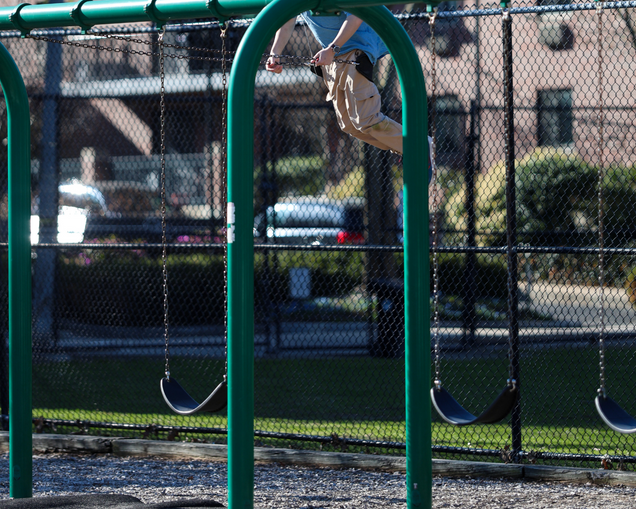
From the Pediatric Frontlines: Basic Needs, Access to COVID19 Supports & Equity Among Families with Young Children in the Boston Area
Principal Investigator: Co-Principal Investigator: Young children are in a sensitive period of body and brain development and may be susceptible to significant changes brought about by COVID-19, including the economic stability of their families, food insecurity, housing security, and access to COVID-19 support. Drawing on existing survey data that Children’s HealthWatch, a... More
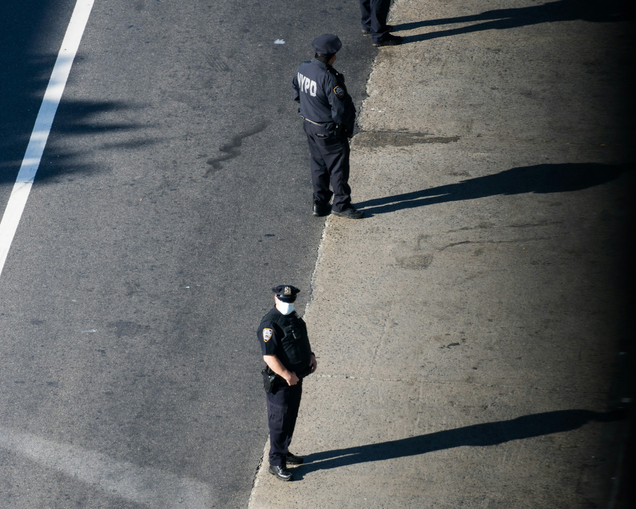
Race, Place, and Policing During the COVID-19 Pandemic: A Multi-City Study
Principial Investigator: Co-Principial Investigator: Low-level policing—which includes enforcement and arrests based on quality-of-life offenses such as disorderly conduct, property damage, unauthorized public gathering, or trespassing—has devastated communities of color in the United States. Simes and Jahn will examine if and how COVID-19 has changed low-level policing, particularly with regard to the racial... More
